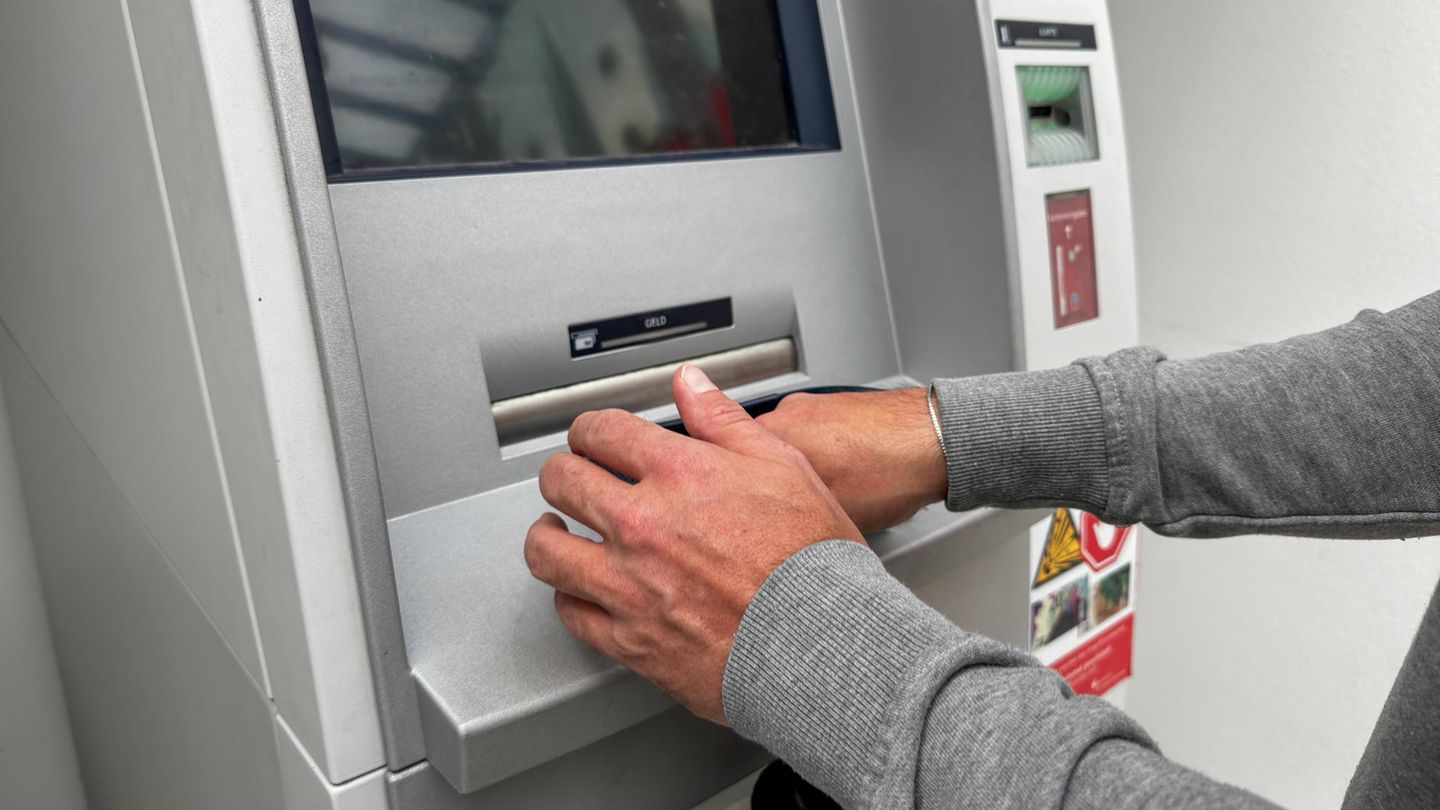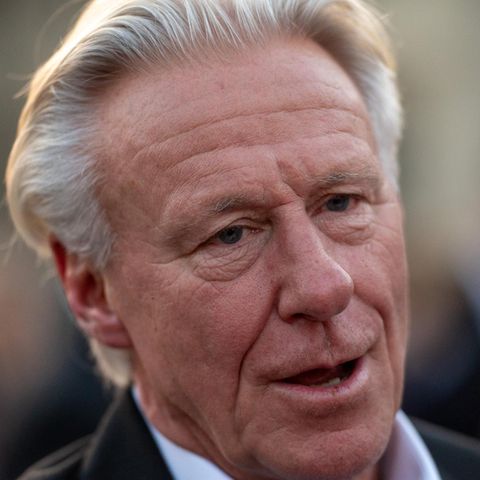After the tractor protests against agricultural policy in the winter, the minister is speaking at the Farmers’ Day. He is directly taking up an idea from the industry that could also affect supermarket customers.
Federal Agriculture Minister Cem Özdemir is in favor of a slight increase in the VAT on meat in order to finance the conversion of animal husbandry to higher standards. The Green politician took up a suggestion from the Farmers’ Association on Thursday at the German Farmers’ Day in Cottbus: “I am ready for this.” The aim is not to raise the tax to the full rate, but to raise it by a few points. At the same time, politicians should reach an agreement “that this money ends up exclusively in animal husbandry for the conversion of the stables, for higher forms of husbandry.” Consumers and environmentalists were mixed in their response.
It was not an easy appointment for the minister. Even months after the major farmers’ protests against the end of diesel subsidies, discontent over agricultural policy continues to simmer. Özdemir used the opportunity to make another attempt to advance an important issue for the industry: How can it be organized so that farmers are not left to cover the additional costs for better animal welfare alone? As a boost, the traffic light coalition has reserved one billion euros for pig farmers. However, a permanent model for all animal husbandry is being sought – so far in vain.
The idea is not new
A concept from a commission headed by former Agriculture Minister Jochen Borchert has been on the table since 2020, proposing a higher VAT or an animal welfare levy on animal products. In the midst of the farmers’ protests in the winter, Özdemir tried to seize the opportunity and campaigned for an “animal welfare cent” that could be smaller than the levy suggested by the commission with a conceivable surcharge of 40 cents per kilogram of meat. However, the idea was rejected by the coalition because the FDP-led finance department did not take up the ball.
Shortly before the Farmers’ Day, Farmers’ President Jochim Rukwied had let it be known that livestock farmers were “totally disappointed” by this. “The ball was on the penalty spot and the goalkeeper was leaning against the post. But nothing has really happened so far. The previous government could have scored.” Rukwied added that the reduced seven percent VAT rate could be increased by two or three points – but not to the full rate of 19 percent, so that people with lower incomes can still buy meat.
Özdemir said in Cottbus: “This is a smart proposal.” He sees it as a compromise offer that the entire industry stands behind. “How about if we accept this proposal together in the Bundestag, inter-party?” he said, addressing the Union. This would create more animal welfare, an economic basis and strengthen consumers. “Let’s finally do it.”
Mixed response to Özdemir’s proposal
The consumer organization Foodwatch stated: “Increase the value added tax on meat and reduce it on fruit and vegetables: Cem Özdemir should tackle this now.” A higher tax on meat is not only good for climate, animal and environmental protection, but also for promoting a healthy diet. The environmental organization Greenpeace, on the other hand, criticized: “Özdemir is falling for the farmers’ association’s tricks.” A further value added tax rate on meat would be a bad compromise, the system would only become more confusing. Animal products that are harmful to the climate and the environment would continue to be subsidized. A tax exemption for plant-based products would be better.
It remains to be seen to what extent this will lead to a new dynamic. Objections were promptly voiced from the traffic light coalition. “The FDP will not introduce an animal welfare tax or otherwise tinker with the VAT rate,” said its parliamentary group vice-chairman Christoph Meyer. “If citizens are prepared to pay higher prices for better animal welfare, this can be regulated as an individual decision on the price of goods.”
Özdemir also asked farmers to support the relief package that the coalition now wants to quickly pass following the farmers’ protests. The first drafts are to be submitted to the Bundestag this Friday. The minister defended the planned stricter animal welfare regulations against criticism from the industry. However, he promised a dialogue on regulations that should lead to fewer chemical pesticides on the fields.
A trained farmer as head of government
On one point, Özdemir also distanced himself from Chancellor Olaf Scholz (SPD), who had turned up at the Farmers’ Day the evening before and enjoyed a bratwurst. The commission responsible for the minimum wage should be allowed to do its work. “And there should be no competition in politics to see who demands a higher minimum wage,” said Özdemir, without mentioning the SPD or Scholz, who recently advocated an increase to 15 euros.
Before that, Brandenburg’s head of government Dietmar Woidke had spoken and promised his “colleagues” support. The decision to abolish diesel discounts was wrong. “I’m sticking to that,” said Woidke, striking a chord with the farmers in Cottbus. The graduate agricultural engineer grew up on a farm in a village in the south of Brandenburg. “With ten cows, ten to 15 pigs, ducks, geese, 50 to 60 chickens.” He also had a slightly modified quote from King Frederick II – known as Old Fritz – ready: “Agriculture is the first of all arts, without it there would be no poets, philosophers, prime ministers and federal agriculture ministers.”
Source: Stern




